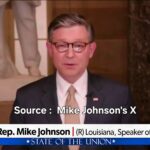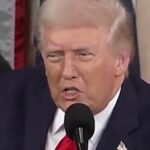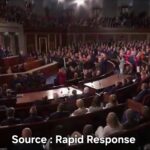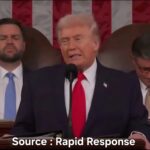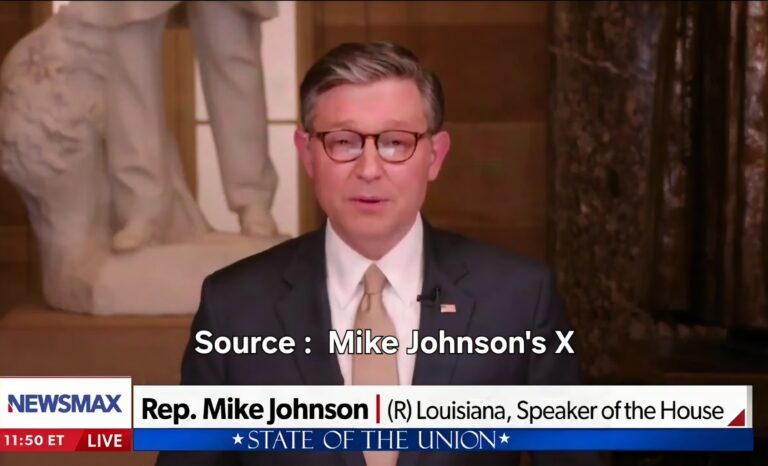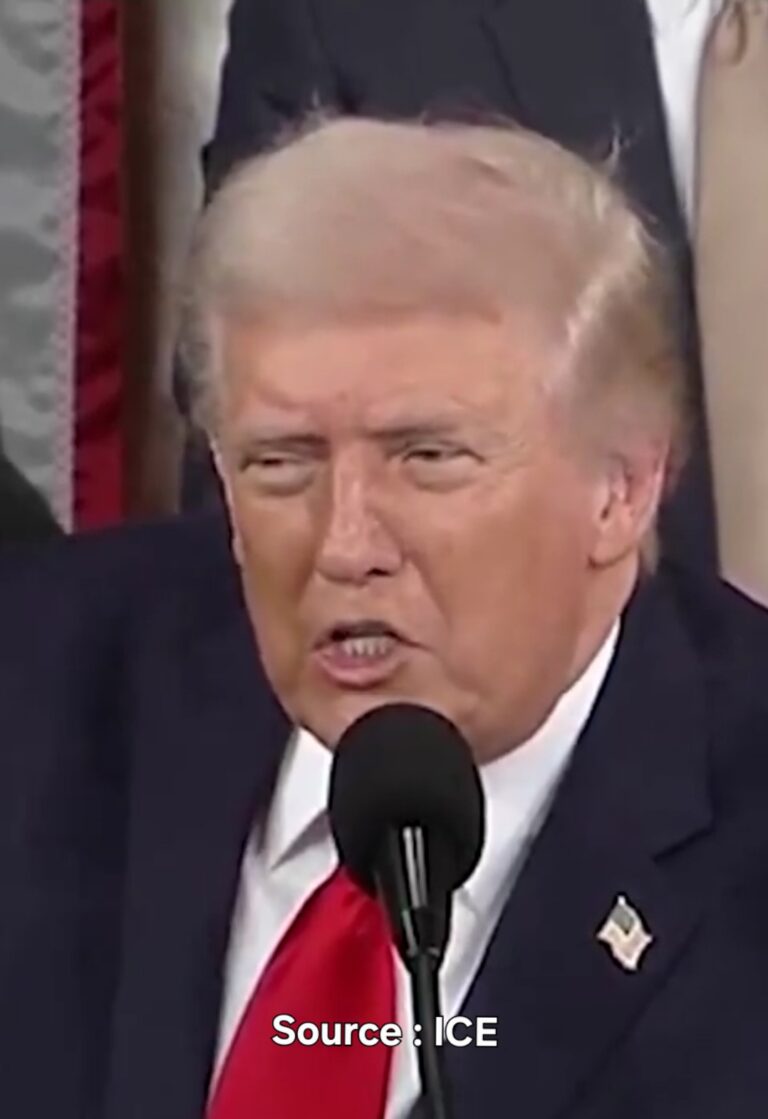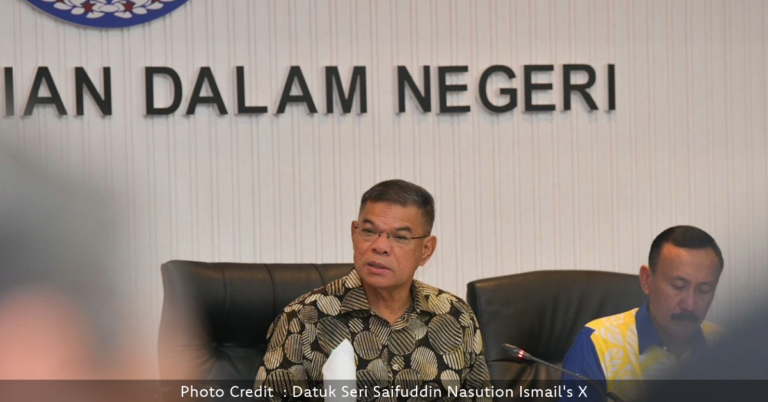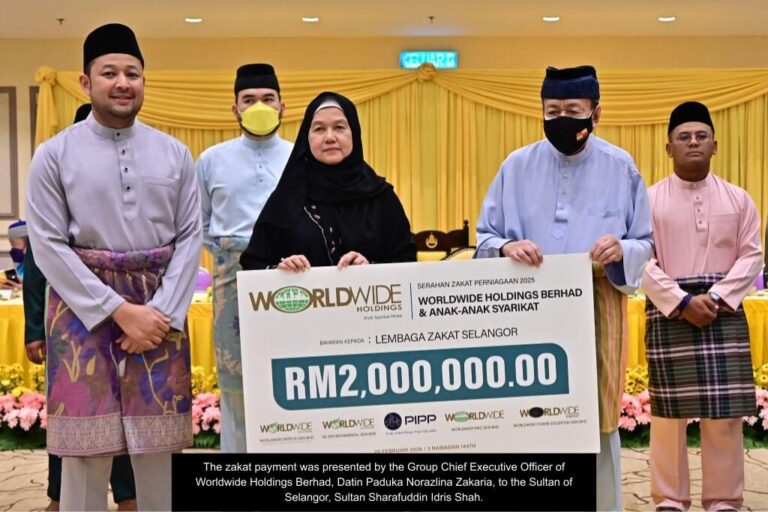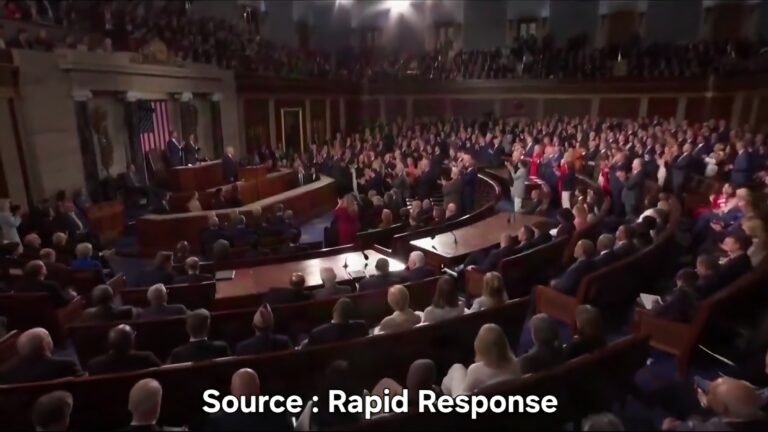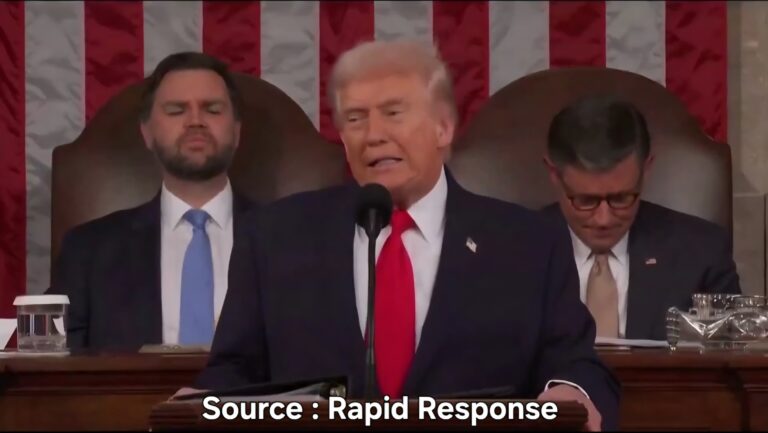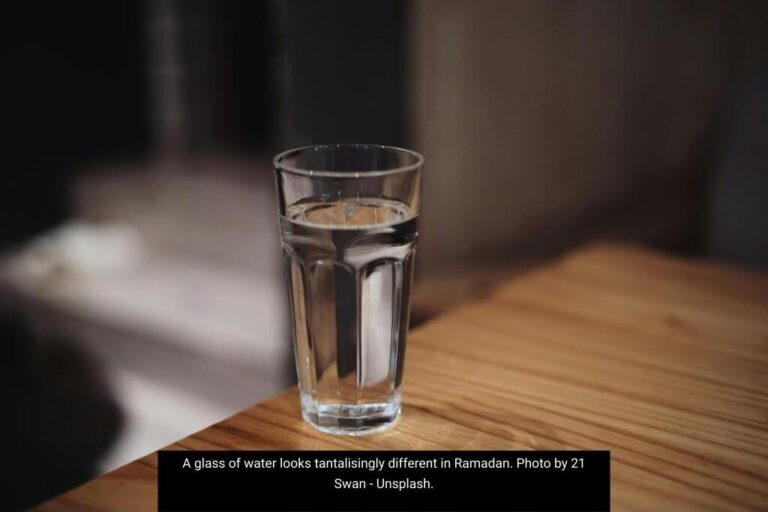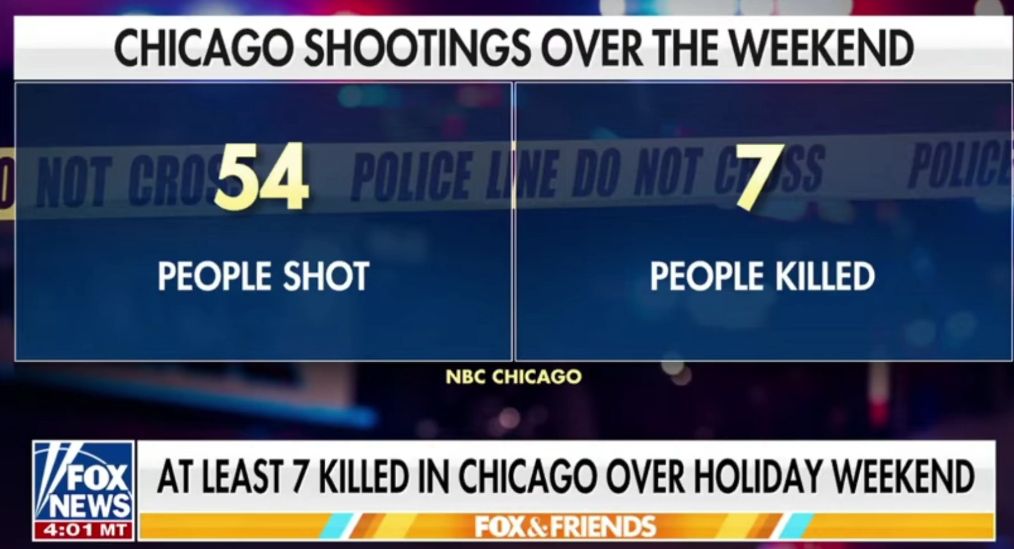
Chicago, IL – September 2, 2025 – President Donald Trump, issued a stark warning to Illinois officials on Monday, threatening federal intervention to curb Chicago’s escalating crime rates following a bloody Labor Day weekend that saw multiple mass shootings and heightened political tensions.

In a post on Truth Social, Trump directly addressed Illinois Governor JB Pritzker, urging immediate action against the city’s violence or face federal takeover. “Governor, get moving fast, or we’re coming,” Trump wrote, emphasizing his administration’s readiness to step in if local efforts falter. The message came amid reports of at least two mass shootings in the Bronzeville neighborhood, including one alarmingly close to police headquarters, which left several injured and reignited debates over public safety in the nation’s third-largest city.
White House spokeswoman Abigail Jackson echoed Trump’s sentiments, accusing Democratic leaders of favoring “publicity stunts” over substantive crime-fighting measures. “Democrats are more interested in grandstanding than in saving lives,” Jackson stated in a briefing, pointing to the weekend’s chaos as evidence of failed local policies.
Governor Pritzker swiftly rebuffed calls for external assistance, rejecting proposals to deploy the National Guard. He highlighted positive trends in crime data, noting a 32% drop in homicides and a 37% decrease in shootings compared to the same period in 2024. Chicago Mayor Brandon Johnson supported this stance, releasing statistics showing homicides down more than 30% year-to-date and arguing that the city is making progress without federal interference.
Despite these declines, the Labor Day weekend proved particularly violent, with experts suggesting it could provide political cover for proponents of National Guard involvement. While overall crime has trended downward in recent years, holiday spikes remain a concern, and this year’s toll exceeded that of previous Labor Days. As of September 2, Chicago has recorded 272 homicides in 2025, with 225 attributed to shootings—a reduction from prior years but still a grim reminder of ongoing challenges.
The Trump administration, meanwhile, sought to balance the focus on urban crime with celebrations of Labor Day achievements for American workers. However, the Chicago violence overshadowed these efforts, drawing renewed scrutiny to national urban policy debates.
Local residents and community leaders expressed mixed views, with some welcoming potential federal aid amid fears of rising gang activity, while others decried it as overreach. As the political standoff continues, city officials insist their strategies are working, but critics argue the data tells only part of the story.

